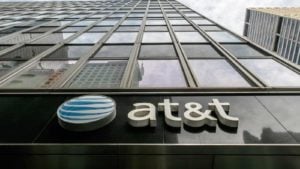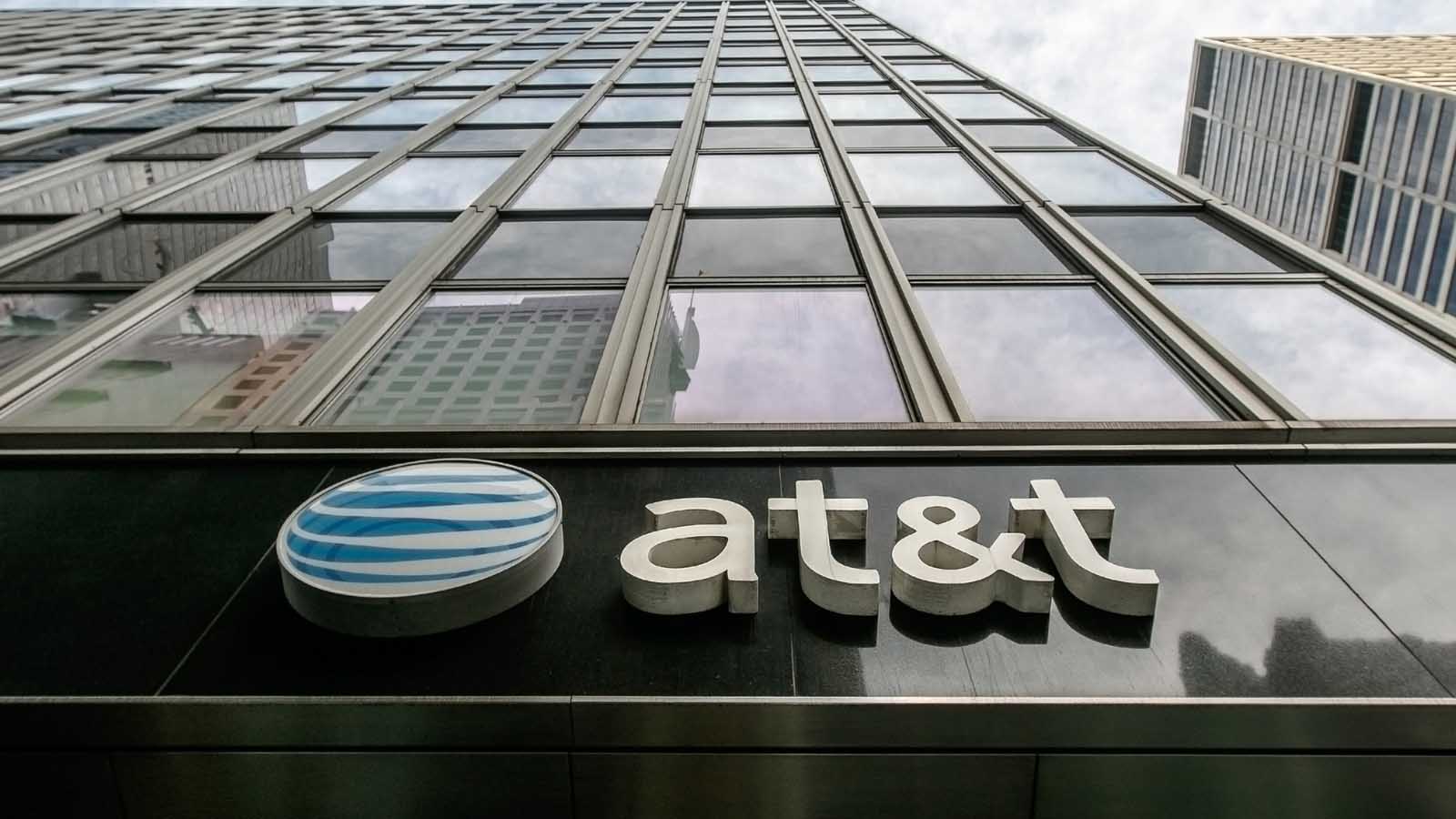AT&T (NYSE:T) looks like an oil company stock, with a yield that looks too good to be true. As trading opened April 23 AT&T stock was as trading at $29.50.

Its 52-cent-per-share dividend now yields 7% if you buy now. By way of comparison, Chevron (NYSE:CVX), the second-largest U.S. oil company, has a yield of 6.3%.
The market considers AT&T a classic “yield trap.” That’s a stock that attracts income investors but isn’t may not be good for its promised income. It ended the March quarter with $147 billion of long-term debt. The capital spending budget is $5 billion/quarter. The dividend costs $3.7 billion/quarter.
Free cash flow for the quarter was $3.9 billion. Management insists it’s committed to the dividend.
Is AT&T Stock a Trap?
Things could get worse. They are getting worse. AT&T lost nearly 900,000 premium TV subscribers during the quarter. It was losing 860,000 per quarter last year. It lost another 138,000 customers for AT&T TV Now, the streaming service formerly called DirecTv Now.
It’s now obvious that buying DirecTv for $48.5 billion in 2015 was a huge mistake. Among the decade’s big mistakes it was comparable to General Electric’s (NYSE:GE) $10 billion purchase of Alstom, the French turbine company, and IBM (NYSE:IBM) being late to the cloud.
AT&T doubled up on the dumb when it paid $84.5 billion for Time Warner, claiming its combination of networks and content would be a big winner. AT&T is now reduced to giving away Warner’s HBO Max service when it launches later this month, in hopes it can convert some into paying customers at $15/month.
The Problem
While streaming rivals like Netflix (NASDAQ:NFLX), Amazon.Com (NASDAQ:AMZN) and Alphabet (NASDAQ:GOOGL) are increasing their spending, AT&T is planning tens of billions of dollars in cuts, including layoffs, over the next three years. After promising to use the 2017 tax cut to increase employment, AT&T employment is now down 20,000, with more cuts on the way.
There are bright spots. AT&T Mobility, its wireless unit, had Earnings Before Income Taxes, Depreciation and Amortization (EBITDA) of $7.8 billion, on revenue of $14 billion during the quarter.
The unit is adding customers but now faces new competition from T-Mobile (NASDAQ:TMUS), which has finished its acquisition of Sprint. T-Mobile shares are up nearly 20% so far in 2020, AT&T is down almost 30%.
AT&T management says it is “recalibrating.” Their statements to analysts and the media are filled with weasel words like that. Spending cuts are called “efficiency transformation.” Layoffs are called “headcount rationalization.” A doubling of prices for AT&T TV Now after a year is called “the prevailing rate.”
AT&T likes to brag that it has the best reputation in the telecom industry. But that’s mainly because rivals like Comcast (NASDAQ:CMCSA) and CenturyLink (NYSE:CTL) have atrocious reputations. The “digital divide,” which AT&T was given hundreds of billions of dollars in government aid to close over the last quarter-century, is wider than ever.
The Bottom Line
Absent its dividend, AT&T stock is worthless.
The company knows this. It’s why the dividend is a top priority.
The key is its bond rating, which Moody’s presently has at Baa2. This is the ninth-highest rating. The rating could be cut if free cash flow to debt continues to decline. It stood at 0.07 at the end of 2019. That puts AT&T in the bottom fifth among telecommunications companies.
AT&T is on thin ice. It is taking on water and is bailing as fast as it can. It is cutting expenses while rivals increase theirs. That’s why the stock’s yield is so high, and why the dividend is so important. Cut that, and there’s no bottom. Buy the yield at your own risk.
Dana Blankenhorn has been a financial and technology journalist since 1978. His latest book is Technology’s Big Bang: Yesterday, Today and Tomorrow with Moore’s Law, essays on technology available at the Amazon Kindle store. Write him at danablankenhorn@gmail.com or follow him on Twitter at @danablankenhorn. As of this writing he owned shares in AMZN and MSFT.
